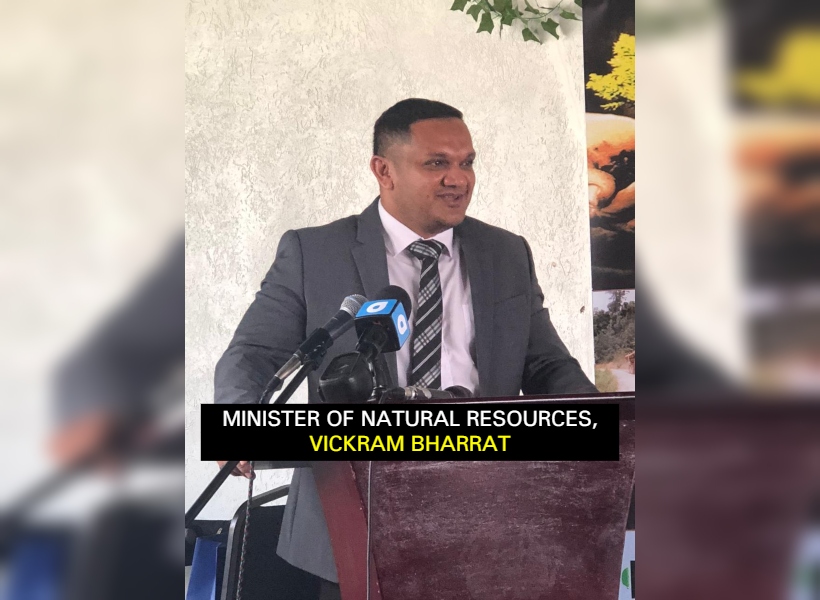Natural Resources Minister, Vickram Bharrat on Thursday tabled the Local Content Bill 2020, which is poised to be a crucial tool in the nation’s legislative and regulatory armory for the trillion-dollar petroleum industry.
Many of the provisions observed in the Bill propose to prevent instances where Guyanese are sidelined, used as window dressing, or simply abused by oil companies.
The draft legislation firstly proposes the creation of a Local Content Secretariat (LCS) which will be part of the Ministry of Natural Resources.
That Secretariat whose members would be appointed by the Minister would have several key functions and powers to protect the interests of locals.
These include developing and maintaining measures for the effective implementation of local content by Contractors, Sub-Contractors and Licensees; developing and implementing strategies that will give preference to, or ensure equal treatment of, Guyanese nationals and Guyanese companies; conducting market analysis; and developing guidelines for local content reporting, procurement, bid evaluation, training, research and development, partnership and joint ventures, and financial and insurance services.
The LCS would also be responsible for developing and maintaining a Local Content Register of qualified Guyanese nationals and Guyanese companies; recommending for approval or refusal, Local Content Master Plans, and Local Content Annual Plans and proposals for modifications to Local Content Master Plans and Local Content Annual Plans; developing auditing procedures and conducting regular audits for monitoring and ensuring compliance with this Act; and measuring and reporting on the local content performance of Contractors, Sub-Contractors or Licensees.
Concerning the Local Content Register, this will ensure that only those persons and companies who have been authenticated and listed by the Secretariat can be used by the oil companies in their local content programmes. If companies fail to adhere to use to the register for their plans, then they would not be deemed compliant.
Another key power or mechanism that would be utilized by the Secretariat is the provision of guidelines for procurement which would allow local companies to have more scope for participation.
The draft law states that a company shall provide a Local Content Master Plan to the Minister which shall be lodged with, and discussed with the Secretariat. That document is expected to include an Employment Sub-Plan; a Procurement Sub-Plan; a Capacity Development Sub-Plan; the quality criteria and quantity criteria required for the supply of goods, and the provision of services; and a statement on, and an estimate of, the value of local content to be acquired, delivered and rendered for Guyana.
It was further noted that the Secretariat would prepare and submit to the Minister a report detailing and evaluating the local content activities and achievements or the lack thereof of Contractors, Sub-Contractors or Licensees based on their plans.
The report is proposed to include each Contractor’s or Licensee’s petroleum operations; each Sub-Contractor’s activities in relation to the Contractor’s, Sub-Contractor’s or Licensee’s supply chain management; any objectives that are yet to be attained by the Contractor, Sub-Contractor or Licensee and the reasons provided by the Contractor, Sub-Contractor or Licensee for the delay in attaining those objectives; remedial strategies to ensure the implementation; and recommendations of best practices for greater efficiency.
After receiving the report of the Secretariat, the draft legislation states that the Minister shall cause a report to be submitted to the National Assembly.













